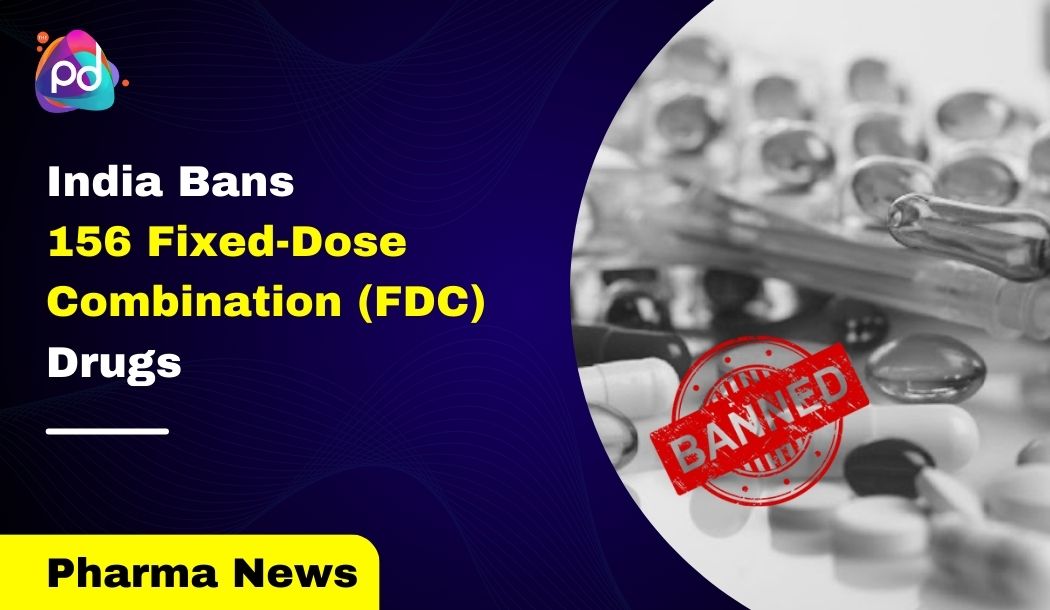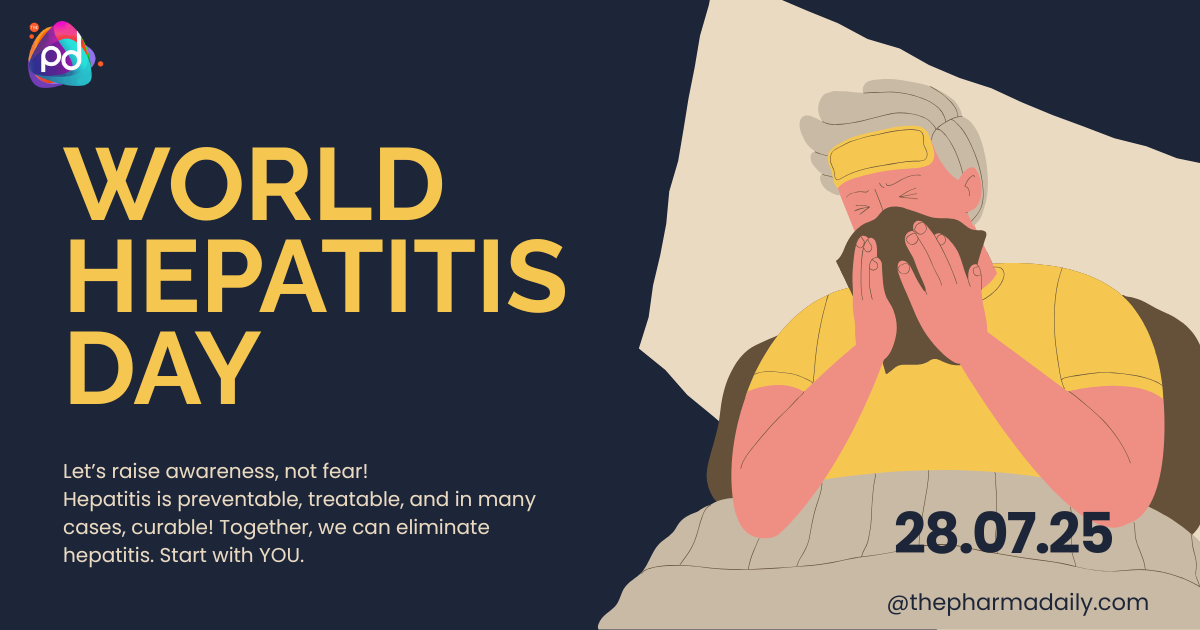
India Bans
156 Fixed-Dose Combination (FDC) Drugs
In a bold move to safeguard public health, the Indian government has banned 156 fixed-dose combination (FDC) drugs, a category that includes widely prescribed antibiotics, painkillers, and multivitamins. This decision comes after an extensive review by the Drug Technical Advisory Board (DTAB), which concluded that these drug combinations posed significant health risks to patients.
The Impact of the Ban
The ban is expected to have widespread repercussions across the pharmaceutical industry, particularly affecting major players such as Cipla, Sun Pharma, and Dr. Reddy’s Laboratories. These companies, known for their extensive portfolios of FDC drugs, will now have to navigate the challenges posed by this regulatory action.
This ban is the largest of its kind since 2016, underscoring the government’s unwavering commitment to drug safety and efficacy. It reflects a stringent approach to regulating the pharmaceutical industry, ensuring that only safe and effective medications remain available to the public.
Understanding Fixed-Dose Combinations (FDCs)
Fixed-dose combination drugs are formulations that combine two or more active ingredients in a single dosage form. While FDCs are intended to improve patient compliance by reducing the number of pills taken daily, they also raise concerns about safety and efficacy, particularly when the combinations are not well-justified or adequately tested.
The DTAB’s review highlighted that many of the banned FDCs lacked sufficient clinical evidence to support their safety and efficacy. Some combinations were found to have potential risks that outweighed their benefits, leading to the decision to remove them from the market.
Implications for the Pharmaceutical Industry
This ban is expected to reshape the landscape of the Indian pharmaceutical industry. Companies that have relied heavily on FDCs will need to adapt quickly, either by reformulating products or focusing on single-drug formulations that meet regulatory standards.
For consumers, this decision serves as a reminder of the importance of drug safety and compliance. The government’s proactive stance in reviewing and regulating drug combinations is a critical step towards ensuring that only the safest and most effective medications are available in the market.
A Strong Message on Drug Safety
The ban on 156 FDC drugs sends a strong message to the pharmaceutical industry: drug safety and compliance are non-negotiable. As India continues to evolve its regulatory framework, pharmaceutical companies must remain vigilant in ensuring that their products meet the highest standards of safety and efficacy.
Conclusion
The Indian government's ban on 156 fixed-dose combination drugs marks a significant moment in the country’s ongoing efforts to enhance drug safety. As the pharmaceutical industry adjusts to these changes, it is clear that the well-being of patients remains the top priority.
Stay informed with The Pharma Daily for more updates on this and other important developments in the healthcare and pharmaceutical sectors.




